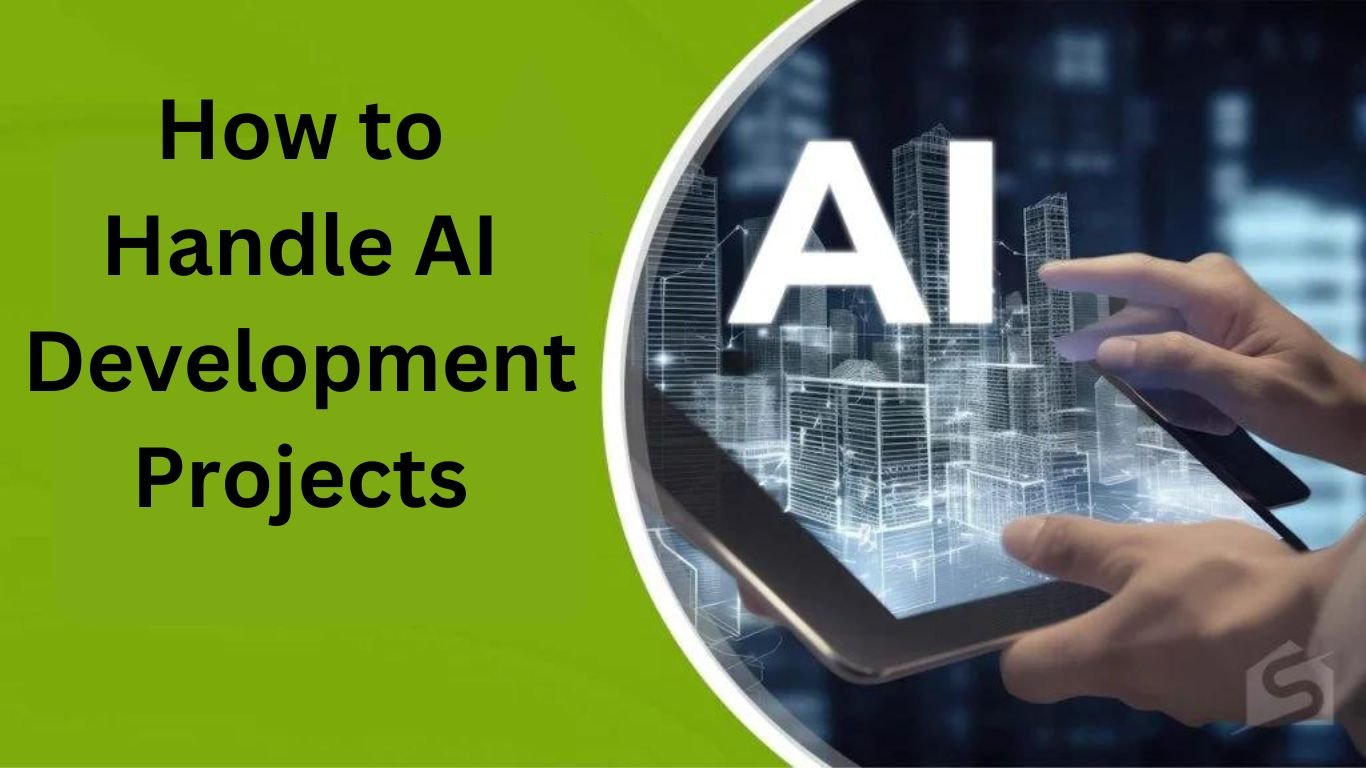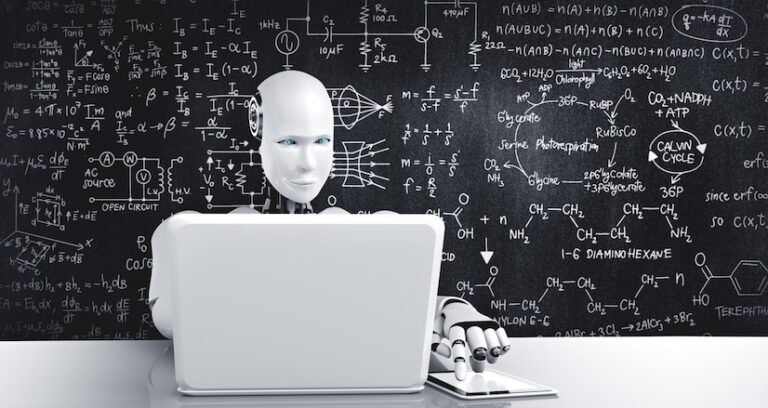
Artificial Intelligence (AI) has become a transformative force in various industries, helping businesses innovate and solve complex problems. However, managing AI development projects can be challenging due to the complexities involved in both AI innovation and testing. In this article, we will explore how to handle AI development projects effectively, ensuring they are delivered on time and achieve desired outcomes.
AI projects follow a unique lifecycle that includes ideation, development, testing, deployment, and maintenance. Unlike traditional software projects, AI development requires significant data collection and model training phases. The AI project lifecycle also introduces higher risks due to the dynamic nature of AI models, which can change based on the data they encounter.
Phases of AI Development
- Ideation and Planning: Define the AI problem and goals.
- Data Preparation: Collect and clean the data.
- Model Development: Train AI models based on the prepared data.
- Testing and Validation: Use AI testing tools to ensure accuracy.
- Deployment: Implement the AI model in real-world applications.
- Maintenance and Monitoring: Continuously monitor and update AI systems to improve performance.
Building the Right AI Team
A successful AI project requires a skilled team with a mix of expertise. You need data scientists to build and optimize the models, software engineers to handle integration, and domain experts to ensure the AI innovation aligns with business goals. Collaboration across these roles is critical for AI development success.
Defining Clear Objectives
Clear and measurable objectives are crucial for AI development projects. What problem are you trying to solve? What impact will the AI innovation have on the business? By setting specific goals, you ensure the AI project stays aligned with its intended purpose, whether it’s to enhance customer service or automate back-end processes.
Choosing the Right AI Tools
Choosing the right AI tools is essential for a smooth development process. Whether you’re dealing with machine learning, natural language processing (NLP), or computer vision, different AI tools offer different capabilities.
Popular AI Development Tools
- TensorFlow: A popular framework for building machine learning models.
- PyTorch: A flexible framework often used for research and production.
- Azure AI: A suite of AI services for building intelligent applications.
AI Testing and Quality Assurance
AI testing is critical to ensure your model performs as expected. AI testing tools help identify bugs, model bias, and performance issues.
Best AI Testing Tools
- Test.AI: Automates testing for AI-driven applications.
- DeepCode: AI-based code review and bug detection.
- Mabl: Automates end-to-end testing with machine learning.
Data Management in AI Projects
AI is data-driven, and managing large datasets can be challenging. Ensure that your data is clean, accurate, and secure. Poor-quality data will lead to poor-quality AI outcomes, so invest time in data preparation and management.
Overcoming Common AI Project Challenges
AI projects often face challenges such as model bias, ethical concerns, and scalability issues. These can be mitigated by regularly evaluating the models, ensuring they are fair, and planning for the future scale of AI solutions.
Implementing AI Ethics and Compliance
AI innovation comes with ethical concerns, especially when it involves sensitive data like healthcare or financial information. Ensure that AI models are compliant with regulations like GDPR or HIPAA and that ethical guidelines are followed throughout the project.
Agile Methodology in AI Projects
Agile methodology is a great fit for AI projects due to the iterative nature of model development. Agile allows for regular feedback and continuous improvements, which are essential when dealing with dynamic AI models.
Budgeting for AI Projects
AI development can be costly, especially in the data preparation and model training phases. Having a clear budget that accounts for tools, infrastructure, and talent is key to staying within financial limits while still delivering value.
AI Scalability
AI solutions must be scalable to meet growing business needs. Plan for the future by ensuring that your AI models can handle increased data loads and more complex tasks as your business evolves.
Communication and Collaboration
AI projects require constant communication among team members and stakeholders. Keeping everyone informed and engaged ensures that the project remains on track and that any issues are addressed promptly.
Evaluating AI Project Success
Evaluating the success of your AI project involves measuring key performance indicators (KPIs) such as model accuracy, business impact, and return on investment (ROI). Continuous evaluation helps refine and improve AI solutions over time.
Conclusion and Final Thoughts
Managing AI development projects requires careful planning, the right tools, and collaboration among cross-functional teams. By following best practices and leveraging AI testing tools, businesses can overcome the challenges of AI innovation and ensure successful project outcomes. As AI continues to evolve, staying agile and adaptable will be essential for future growth.






